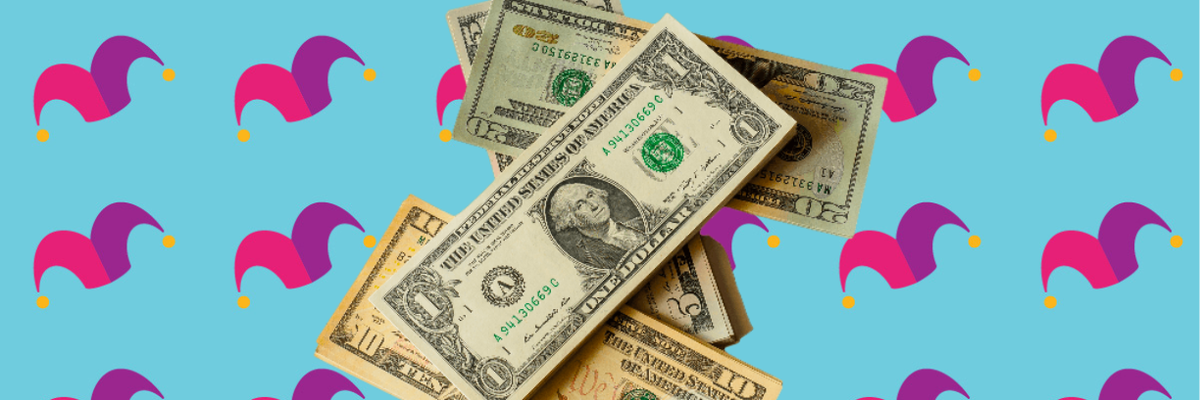Here's What Happens When You Withdraw a Lot of Money From Your Bank Account
KEY POINTS
- Banks may impose limits on how much you can withdraw per day or per month.
- Excessive withdrawals or certain types of withdrawals may incur fees.
- Banks are required to report transactions of $10,000 or more to the IRS.
Banks are happy to take your money, but getting it back isn't always as easy. Legally, if you put your money in a checking or savings account, the bank can't just keep it from you without reason. But it can set limits on daily or monthly withdrawals, which can be a problem if you need a lot of money quickly.
Some of the withdrawal rules banks put in place are to protect themselves from losing too much of the money they count upon to meet their financial obligations to other customers. But some rules are in place to protect you (as the consumer) from fraud.
Understanding these rules can help you avoid surprises the next time you need to withdraw a large sum.
Your withdrawal options might be limited
If you try to withdraw a large sum of money from an ATM, you might get an error notice. That's because banks set daily or monthly limits on ATM withdrawals. These limits vary by bank. Some may only permit you to withdraw a few hundred dollars per day, while others allow you to withdraw $1,000 or more.
The Capital One 360 Checking account gives you a whopping $5,000 daily limit when you use your debit card at an ATM, so consider opening one if you want the freedom to withdraw large sums without visiting a branch.
You may have to complete your withdrawal over several days
Many banks let you withdraw large sums -- five or possibly even six figures -- from a bank branch, or, in the case of an online bank, if you contact the bank directly. But even then, you might encounter daily or monthly limits. These are more common with savings accounts than checking accounts.
Reach out to your bank if you're not clear how much you can withdraw per day or per statement cycle. If the withdrawal you need to make is greater than this, plan ahead and spread your withdrawals out over the course of several days so you have all the cash you need on time.
You might pay extra fees
The federal government used to require that banks charge savings account customers for making more than six "convenient" monthly withdrawals from their account. This rule is no longer in effect, but some banks still charge their customers for monthly withdrawals over this amount. If you have to withdraw a large sum over several days, you could encounter these fees.
Some banks are doing away with these charges, though. The CIT Platinum Savings account is a great option if you want a competitive APY and no monthly withdrawal limits.
The way you transfer the funds could also affect whether you owe any fees. For example, pretty much all banks charge for outgoing wire transfers. But if you do a standard electronic funds transfer, you usually don't have to worry about a fee.
Your bank may have to report the transaction
Banks are legally required to report transactions involving more than $10,000 in a single day to the IRS. These are called Currency Transaction Reports (CTRs) and they're designed to assist in detecting money laundering.
This isn't a big deal and there's nothing you personally have to do. But it could mean you'll have a slightly longer wait to get your funds.
You may have to jump through a few more hoops to prove your identity
Banks don't want to land themselves in hot water for giving huge chunks of your money to an identity thief -- and you don't want that either. If you're trying to take out a large sum, your bank may require you to go through a few extra steps to prove that you are, in fact, you.
This might involve presenting some form of government-issued ID or asking some identity verification questions. It shouldn't be too difficult, but it's another one of those things that could eat up some time.
If you have any questions about what happens if you need to withdraw a lot of money at once, a quick call to your bank or visit to your local branch can clear it up. It's best to do this in advance of when you actually need the money, in case you have to spread your withdrawals over a few days.
Our Research Expert




